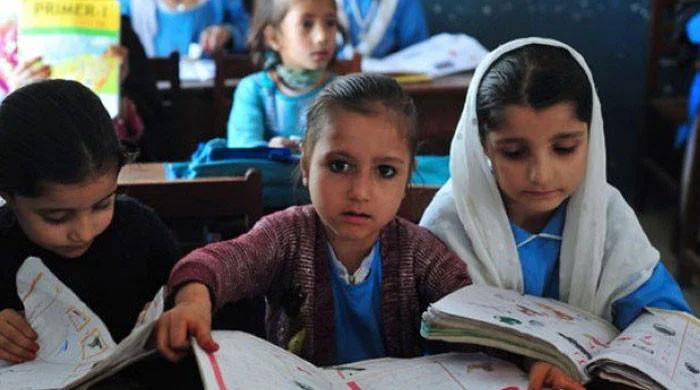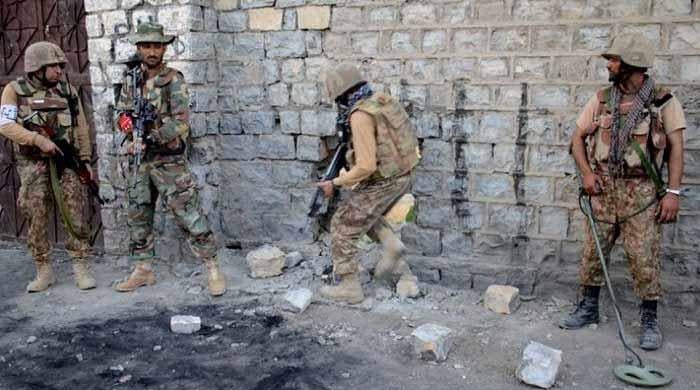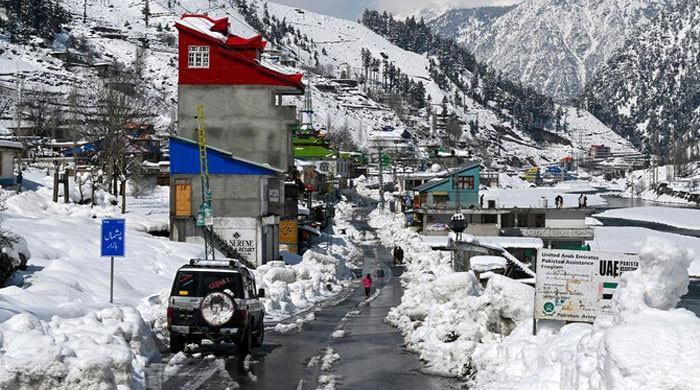KP proposes new education, medical policy for transgender community
New policy comprises medical treatment, including protection from AIDS and gender reassignment facilities, for transgender community
October 25, 2020

PESHAWAR: The Khyber Pakhtunkhwa Social Welfare Department on Saturday proposed a new policy for the transgender community, noting that advice had been sought from relevant stakeholders and approval from the provincial cabinet awaited.
The new policy formulated for transgender rights focuses on various aspects, including education opportunities, medical treatment, and job quotas. The opinion of the Election Commission of Pakistan and the concerned departments has been sought for the document comprising the recommendations and suggestions.
According to the policy document, a 2% quota in government jobs has been proposed for the transgender community. It has been recommended that the Industries, Commerce and Technical Education Department, as well as the department of education, set up separate schools and vocational centres at divisional headquarters level for the transgender people.
The document proposed that 1% of the seats in schools and vocational centres be reserved for transgender folks wishing to pursue education and that they be given a 5% quota in scholarships.
Quotas should also be allocated for the transgender individuals in government housing schemes, it read, noting that members of the community would have the right to vote, run in elections, and hold public offices.
A recommendation has been made in the police document for transgender individuals to receive unemployment and health insurance, as well as hardship grants, and a plan was to be prepared to provide a sum of Rs2,000-3,000 per month to unemployed transgender individuals over the age of 50.
The transgender persons would also be provided medical treatment, including protection against AIDS, as well as new gender reassignment facilities.
Speaking to Geo News, KP Social Welfare Department Director Habib Khan Afridi said recommendations on the policy were sought from the relevant government departments and approval would be obtained from the provincial cabinet.











